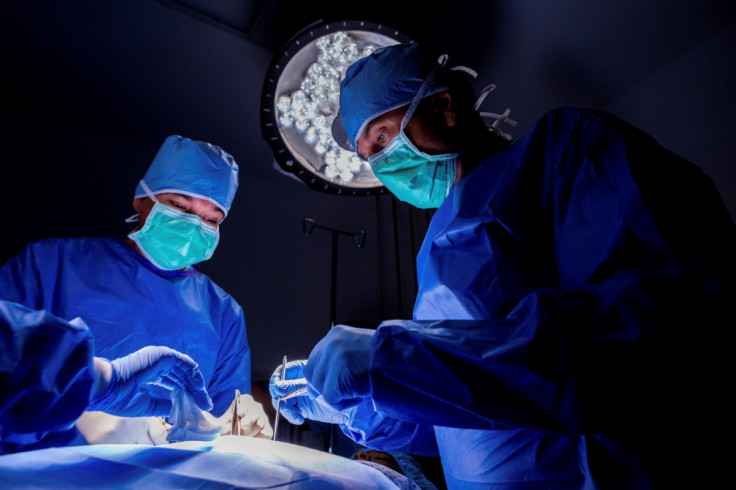NHS doctors using surgical tools 'made by child labour in Pakistan'

KEY POINTS
- NHS admits it cannot be sure where tools and equipment come from.
- Children found working for 70p a day in Pakistan's key surgical production city.
- UK imports 90% of surgical instruments from Pakistan.
Surgical tools and equipment made with child labour in Pakistan may be in use in NHS hospitals, according to reports.
Campaigners have urged an inquiry to ensure that equipment which is the result of child exploitation does not enter the NHS supply chain. The alarm was raised after children as young as 12 were found in workshops in Sialkot, Punjab – where almost all of Pakistan's surgical instrument production is based.
According to an investigation by The Guardian, children get paid as little as 70p a day to manufacture the surgical tools for export in the Sialkot workshops. Some of those tools may be sent to the UK.
NHS Supply Chain confirmed that it bans child labour from its "first tier" suppliers, many of whom are based in the UK. However, a spokesperson for the company admitted it did not know which manufacturers were used in Pakistan.
According to NHS Supply Chain, as many as 90% of surgical instruments used in British hospitals are exported from Pakistan.
Dr Mahmood Bhutta, an NHS surgeon and founder of the British Medical Association's (BMA) Medical Fair and Ethical Trade Group, told the Guardian: "For many of the instruments I use, I have no reliable way of ensuring they have not been made by children.
"We still don't know where most surgical instruments coming into the NHS are made. But we do know a lot of them will have come from Pakistan.
"I would be amazed if at least some of the instruments used in the NHS weren't made in these small workshops."
According to Child Rights Movement, there are an estimated 12.5 million children in forced labour. Up to 3.8 million of them are aged between five and 14.
NHS Supply Chain said that more needed to be to be done to ensure that tools used in the UK were not manufactured by child labour.
Code of conduct
A spokesperson said: "We are aware of the potential for labour standards abuses to occur within supply chains [for] surgical instruments, which is why we have taken steps to increase requirements for supplier due diligence in our contracts and [have] worked to develop guidance and systems to address these issues.
"We believe that the supplier code of conduct, the LSAS [Labour Standards Assurance System] approach and the guidance and advice we have provided to our suppliers has been effective in shining a light on the issue across the industry.
"However, we are not complacent and we recognise that it will require continued effort and vigilance across the sector to raise and maintain standards uniformly."






















